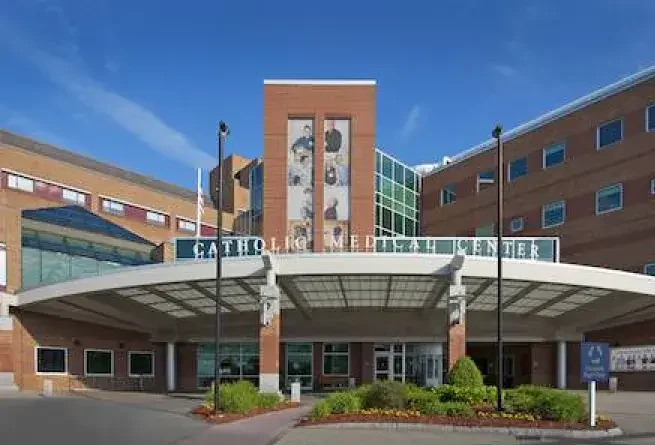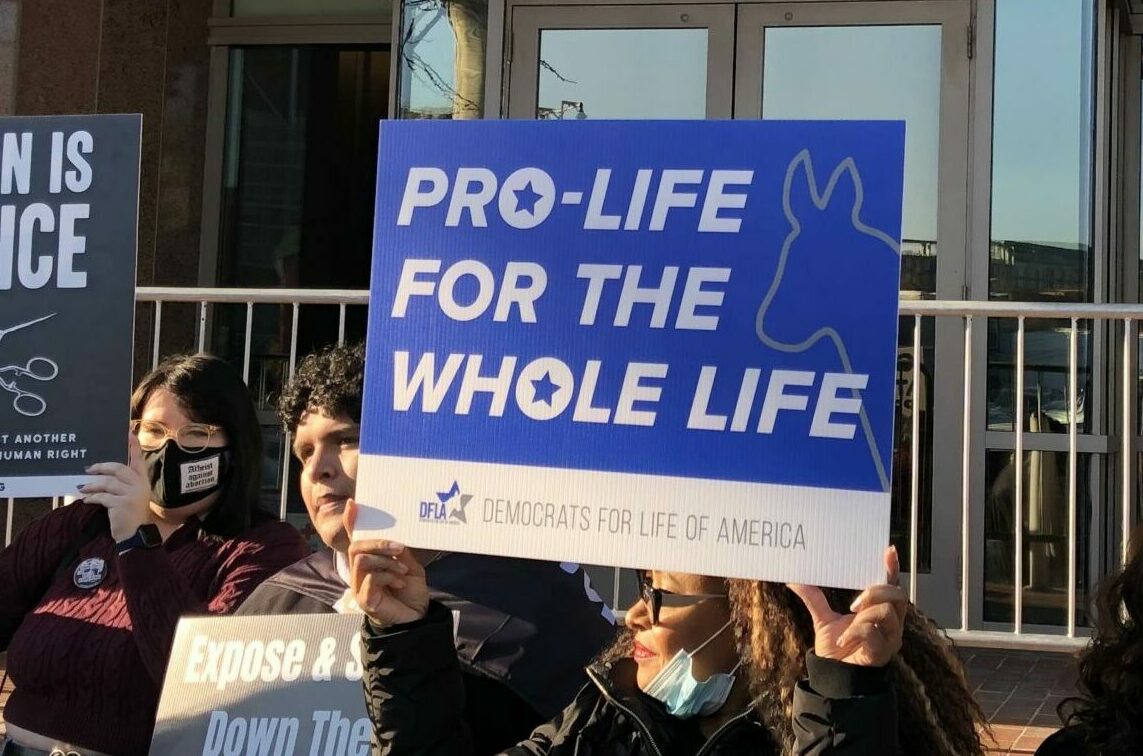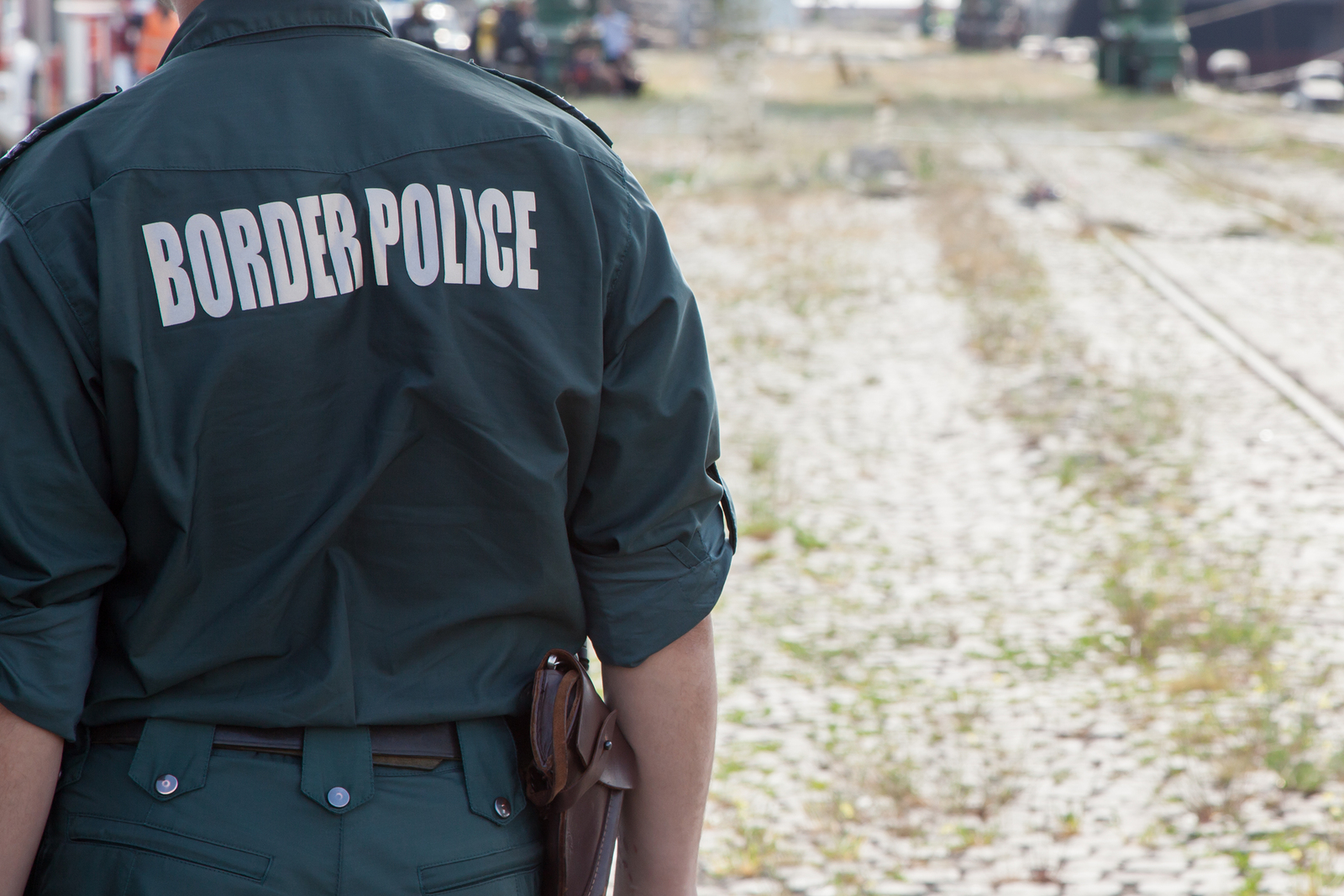State Approves HCA’s $110 Million CMC Acquisition

The New Hampshire Attorney General’s Office gave its blessing Monday to the takeover of Manchester’s Catholic Medical Center by for-profit HCA Healthcare, Inc.
Attorney General John Formella announced his office reached an agreement with HCA and CMC to make sure the new ownership will continue CMC’s mission to provide healthcare and serve the community.
“This settlement represents a thoughtful approach that both addresses the insurmountable financial challenges CMC is facing and ensures that the healthcare needs of New Hampshire residents continue to be met,” Formella said.
The deal has been in the works for years as CMC sought financial salvation. The nonprofit hospital has been losing up to $3 million a year. The Attorney General’s Office review was the last step in finalizing the deal with HCA.
“CMC’s decision to sell the hospital is largely the result of financial distress that has brought CMC to the brink of bankruptcy,” Formella reported in his role as the state’s Director of Charitable Trusts. “On top of large losses over the last several years, CMC has projected losses of $41.5 million for its 2024 fiscal year, and its debt totals around $160 million. In April 2024, CMC laid off 142 employees attempting to reduce its losses, but providers and patients continue to leave the hospital, reducing revenues at a greater rate than any reduction in expenses.”
The purchase, which the report notes is “not an affiliation or partnership,” will provide financial stability the hospital has long sought.
In a statement, the Diocese of Manchester said maintaining the hospital’s Catholic identity “was essential to the CMC Board of Trustees and Bishop Peter Libasci in deciding a future course of action for the hospital. CMC was created in a close relationship with the Diocese of Manchester including that the Bishop of Manchester approves certain activities of the hospital and the assets of CMC transfer to the Diocese upon the sale of CMC. Going forward, these assets will be held and used exclusively by a foundation that will continue the legacy of CMC’s commitment to provide Catholic health care in the community.”
As part of the deal, HCA first got Vatican approval to take over CMC by signing an agreement to operate within the Catholic Church’s ethical standards for medical care.
Formella’s agreement with HCA will see that the key funding is in place for hospital expansion and as well as continuing charity care for the Manchester community.
“As part of HCA Healthcare, CMC and our new colleagues will have access to much-needed resources that will pave the way for financial stability and continued growth. We are committed to making significant capital investments and enhancing key service lines that will benefit not only Manchester patients but patients across New Hampshire with expanded choice and ensure they have the highest-quality care available close to home,” said Dr. William Lunn, president of HCA Healthcare’s Capital Division.
HCA will contribute $2 million over the next three years to local community health initiatives like Healthcare for the Homeless and Poisson Dental Clinic.
“With HCA Healthcare, CMC’s legacy of excellence will not only endure but flourish — expanding access to care, enhancing services, and remaining deeply rooted in our Catholic mission,” Alex Walker, president and CEO of CMC said.
Mayor Jay Ruais called Monday’s announcement a pivotal moment for the city.
“CMC’s partnership with HCA Healthcare ensures immediate access to the financial and operational resources necessary to sustain its more than 130-year legacy of providing high-quality Catholic healthcare to our region,” Ruais said. “I am pleased that vital and beloved community programs, such as Healthcare for the Homeless and Poisson Dental, will also continue to serve our community for years to come.”
HCA is a Tennessee-based for-profit company that operates 180 hospitals throughout the U.S., including three in New Hampshire. Critics oppose HCA’s acquisition of CMC, pointing to its actions at Frisbee Memorial Hospital, where the company shut down the labor and delivery department after promising to keep it open.
HCA’s proposed deal with CMC was hounded last year by nurses from HCA’s North Carolina Mission Hospital in Asheville who said HCA operated in an unsafe manner that put their lives and the lives of patients at risk. The nurses came to New Hampshire to stage protests, publish newspaper ads, and talk to the media, all in an effort to stop the sale.
“The community needs to know what happened to our hospital, because the same thing will happen to their hospital,” Kelly Coward, a nurse and union representative at Mission Hospital in Asheville, told NHPR last year.
Those nurses, all members of the National Nurse United union, stopped their protest a day before the Oct. 23 attorney general’s public hearing at CMC. The union kept silent through the fall and had no statement Monday about the deal’s approval.
On Oct. 22, National Nurse United announced it had reached a contract deal with HCA for 17 hospitals in 6 states, including the Mission Hospital in Asheville.
Former state Sen. Lou D’Allesandro, who represented Manchester for decades, backs the HCA deal.
“CMC must be saved, and we must make sure that all contingencies are met,” D’Allesandro told NHJournal Monday. “I am a strong supporter and will continue to work on behalf of all the citizens of Manchester to have quality medical care continue to be provided.”
Bishop Libasci says he’s pleased with the result.
“We may look forward now to a strong, vigorous, Catholic hospital on Manchester’s West Side and Catholic healthcare throughout the state of New Hampshire,” Libasci said.
EDITOR’S NOTE: An earlier version of this article erroneously reported that the Diocese of Manchester owns CMC. NHJournal regrets the error.





